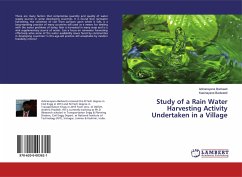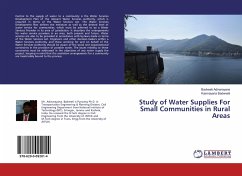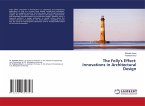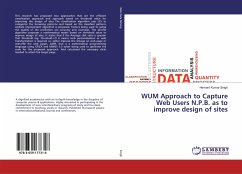There are many factors that compromise quantity and quality of water supply sources in some developing countries. It is found that rainwater harvesting, the collection of rain from surfaces upon which it falls, is a long-standing practice of many countries still used as a means for dealing with the water problems of today. Rain is harvested in many ways and is a vital supplementary source of water. Can a focus on rainwater harvesting effectively solve some of the water availability issues faced by communities in developing countries? Is this age-old practice still acceptable by modern feasibility criteria?
Bitte wählen Sie Ihr Anliegen aus.
Rechnungen
Retourenschein anfordern
Bestellstatus
Storno








